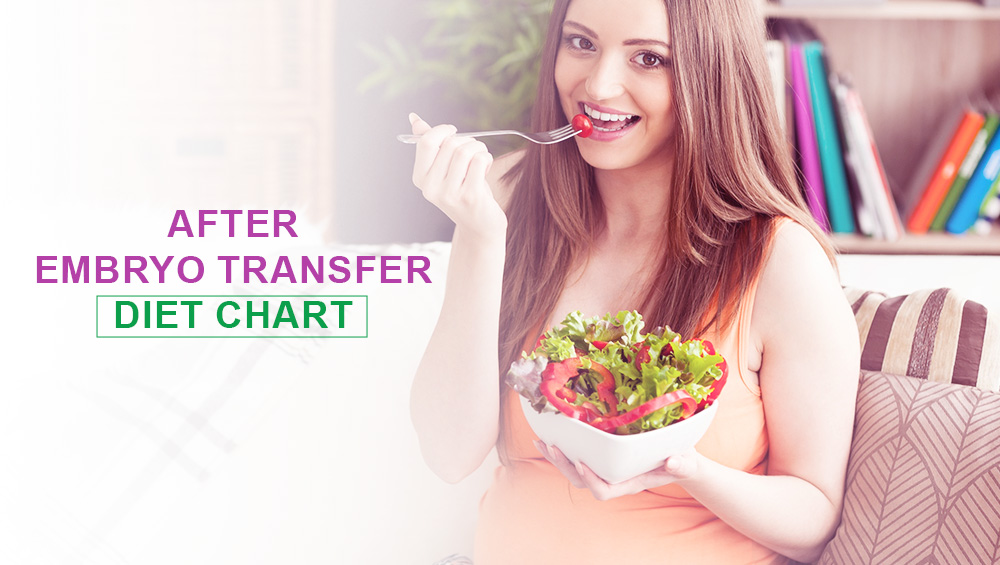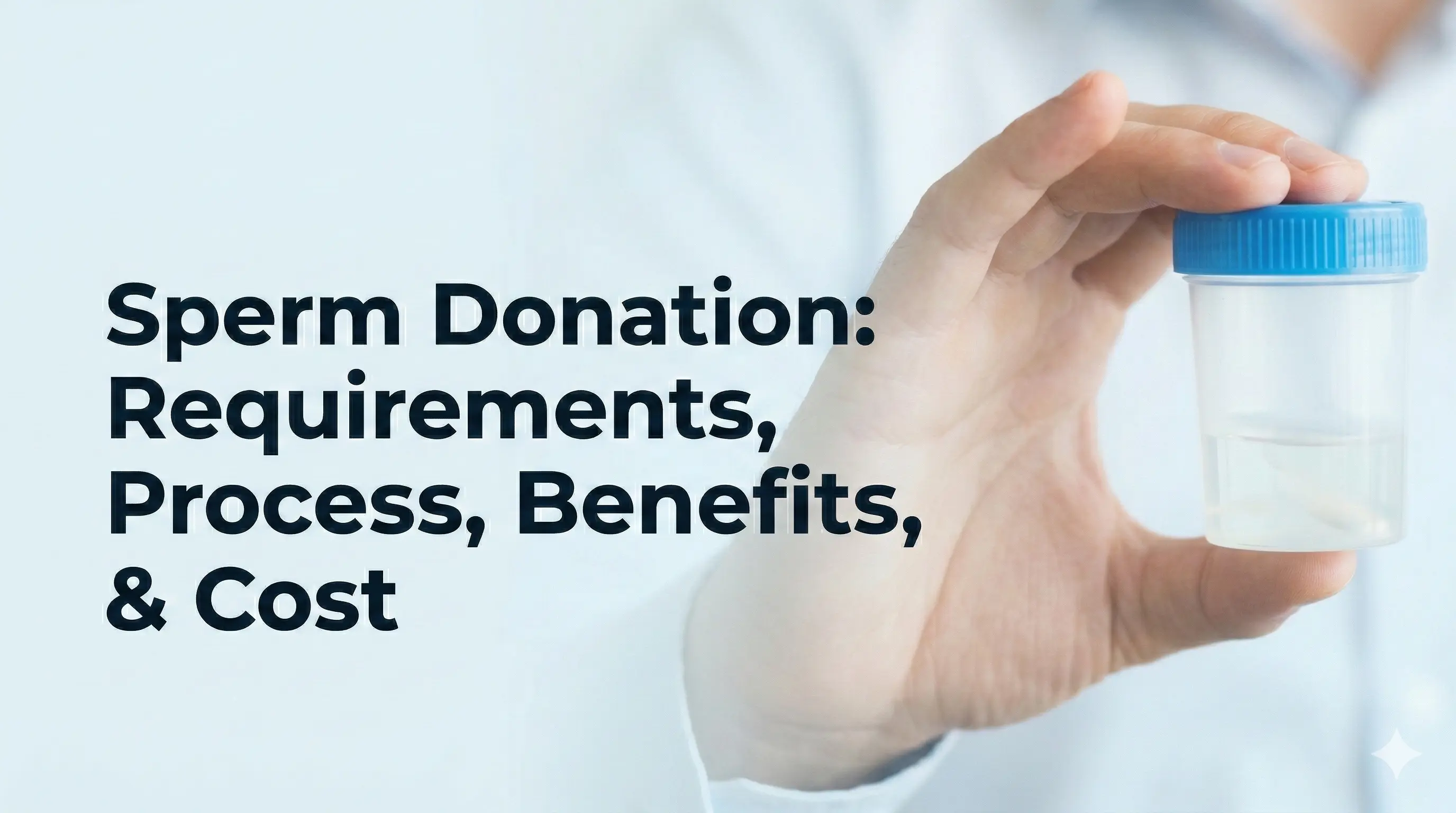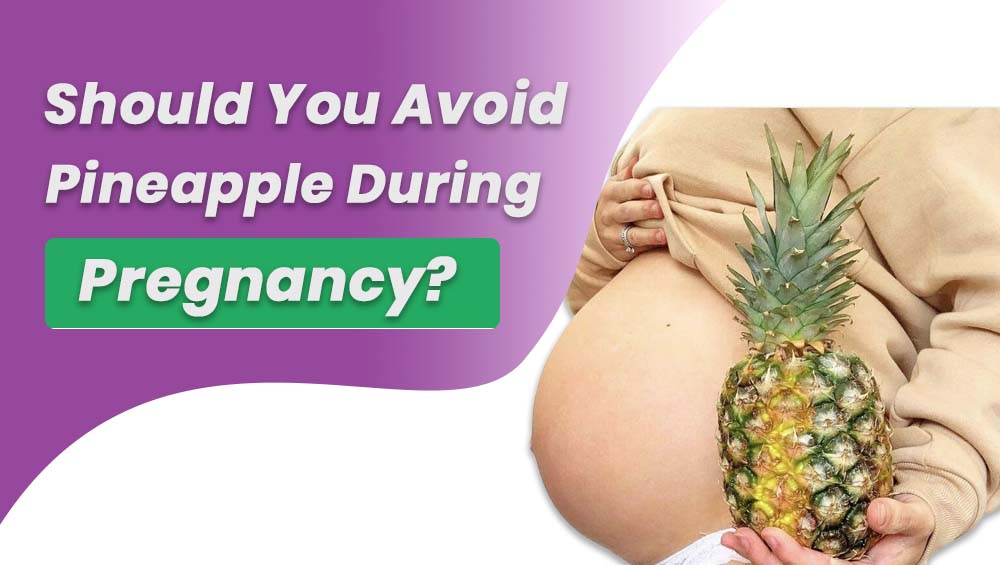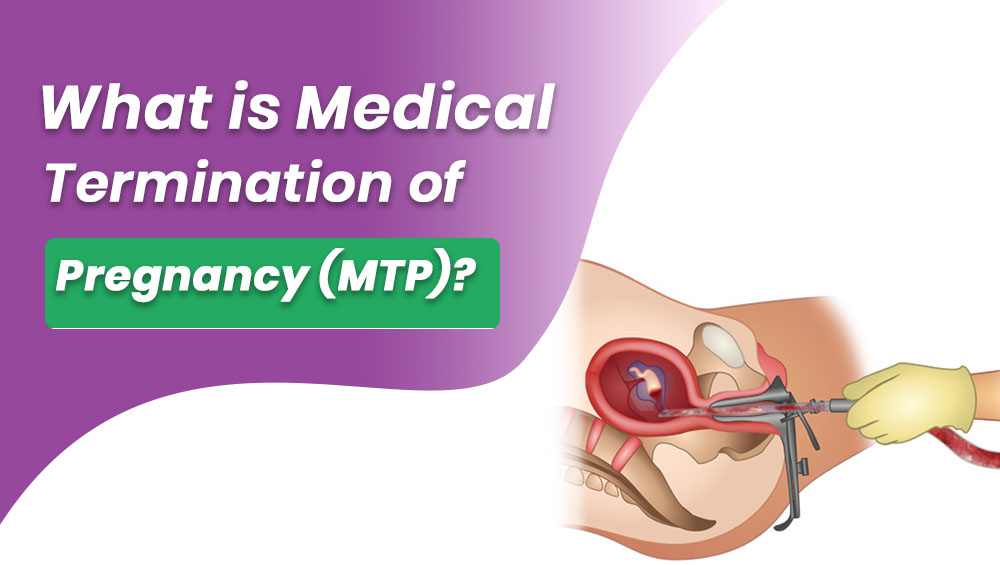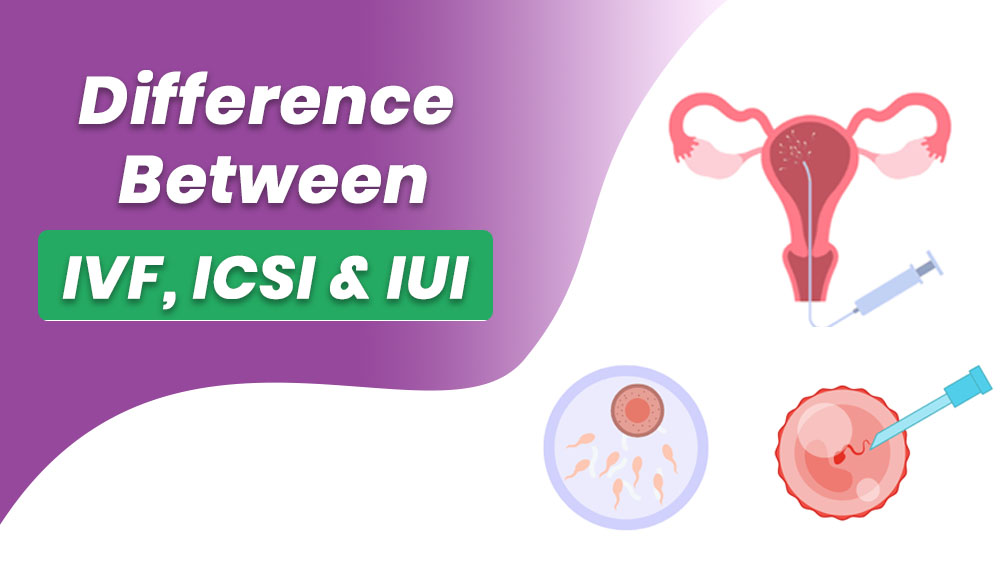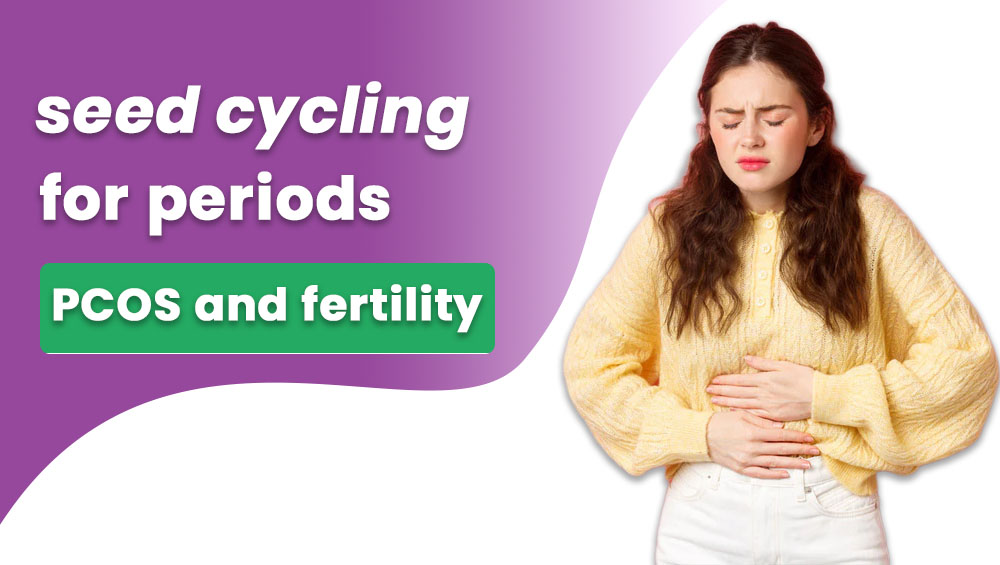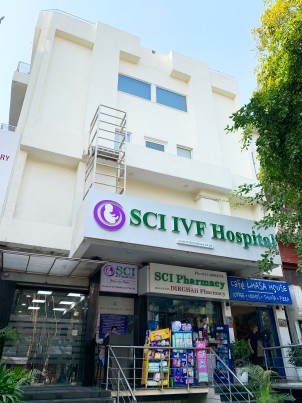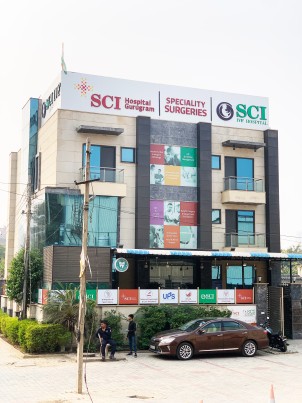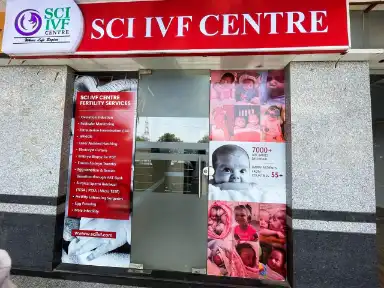After Embryo Transfer Diet Chart: What to Eat After Embryo Transfer
The period after your embryo transfer may be full of hope and excitement but may include a bit of nervousness too. There is of course a lot to consider after going through the IVF process. The last IVF process was simply focused on giving your body the right support to be able to implant. One of the best ways to do this is through your diet.
The right diet will nourish the embryo and help maintain hormones and a receptive uterus.
In this post we will let you know everything you need to know from what foods to include and what to avoid after the transfer, an Indian diet 5-day chart and the reason to select a trusted clinic like SCI IVF Hospital, Best IVF Centres in Delhi.
Why Diet Matters After Embryo Transfer
Your body experiences delicate changes after an embryo transfer. The transferred embryo must attach to your uterine lining in 5–7 days. This is called implantation. For it to happen, your uterus must be well-nourished, your balance of hormones must be healthy and your health must be supportive overall.
A good diet does this by:
- Improving blood flow to the uterus so the lining is receptive and ready.
- Providing the right nutrients for healthy cell and tissue growth.
- Decreasing inflammation and oxidation which can hinder implantation.
- Maintaining stable hormones so the embryo is supported.
Detailed Guide: What to Eat After Embryo Transfer
1. Protein-Rich Foods
Include Protein-Rich Foods in your diet schedule to aid tissue repair and embryo sustenance.
Include: Paneer, lentils, moong dal, eggs, tofu, chicken and soy milk.
Suggest adding one protein source at every main meal.
2. Folate Sources
These improve the endometrial lining and help the embryo receive oxygenated blood.
Include: Spinach, beetroot, chickpeas, citrus fruits and amla.
For iron-rich dals or veggies, add a squeeze of lemon which will help in iron absorption.
3. Fats
Helathy fats help in balancing the hormones such as progesterone and estrogen.
Include: Avocado, olive oil, ghee (in moderation), walnuts, chia seeds and the like.
Avoid trans fats that are present in fast food or bakery items.
4. Fruits and Vegetables
Include: Papaya (ripe only), apples, oranges, carrots and bell peppers.
Tip: Prefer cooked or steamed vegetables for easy digestion.
5. Whole Grains
Whole grains sustain energy levels without causing sugar spikes.
Brown rice, millets, oats, quinoa and chapati made from whole wheat provide whole grains.
6. Dairy & Calcium Sources
Calcium helps with muscle strengthening and nerve function.
Milk, curd, paneer and ragi provide sources of calcium.
Avoid raw or unpasteurized dairy.
7. Hydration
To support metabolism and blood flow, keep your body hydrated.
Water, coconut water, soup and herbal tea provide hydration.
Alcohol, sodas and high-caffeine drinks should be avoided.
Foods to Avoid After Embryo Transfer (and Why)
Some foods can hinder absorption, disrupt hormone balance or cause undue pressure on the body.
Raw or undercooked foods – sushi, runny eggs and raw sprouts all come with a risk of infection
Unpasteurized dairy or soft cheese – they can host dangerous germs
Excess caffeine – limit to one small cup a day
Processed and junk food – overload on salt, sugar and preservatives
Alcohol, smoking – a hard no; they restrict blood flow
Very spicy or oily food tends to cause bloating or acidity
Cold or iced beverages – these can cause sluggish digestion; stick to warm or room temperature drinks.
5-Day Indian-Style After Embryo Transfer Diet Chart
Here’s a simple, balanced post-embryo transfer diet chart for Indian women — easy to digest, nutritious, and comforting.
Lifestyle Tips to Support Implantation
- Get enough rest and gentle movement (short walks only)
- Avoid heavy workouts or lifting weights
- Practice deep breathing or meditation to reduce stress
- Sleep at least 7–8 hours each night
- Continue prescribed medications exactly as directed
- Stay positive — emotional health matters as much as physical health
Why Choose SCI IVF for Embryo Transfer Care
SCI IVF Hospital is known as one of the Best IVF Centres in Delhi for a reason.
Here’s what makes us stand out:
- High success rates and world-class embryology labs
- Personalized care for every patient — from IVF planning to post-transfer nutrition
- Advanced technology and experienced fertility specialists
- Holistic support system — our team guides you through every phase, including diet, rest and emotional wellbeing
Conclusion
Having healthy, balanced meals after your embryo transfer is good for your body in preparation for implantation and pregnancy. Enjoy home-cooked meals, comfort foods that are not too spicy and drink plenty of water and don’t forget to stay relaxed
Every step counts from a caring diet to tender support to help turn your dream of parenthood into a reality and we take pride in having an all-encompassing approach for fertility support.
Our specialists are a consultation away if you need diet plans and fertility support tailored to your needs.
Schedule your Consultation with SCI IVF Hospital, one of the Best IVF Centres in Delhi.
FAQs for Embryo transfer Diet
1. Can I eat fruits like pineapple or papaya after embryo transfer?
Stay away from papaya and limit pineapple as all other fruits like apples, berries and bananas are safe.
2. Is coffee allowed after embryo transfer?
Limit coffee to one small cup a day as too much coffee will alter your hormone levels.
3. Can I eat outside food?
To avoid contamination or foodborne infections and try to eat home cooked meals.
4. When can I start eating normally?
About 10 to 12 days after your embryo transfer as you can eat the healthy diet your doctor prescribed for you.
5. Do I need to take any extra vitamins?
Only take the extra vitamins your fertility specialist prescribes which will probably include folic acid, vitamin D and prenatal vitamins.
